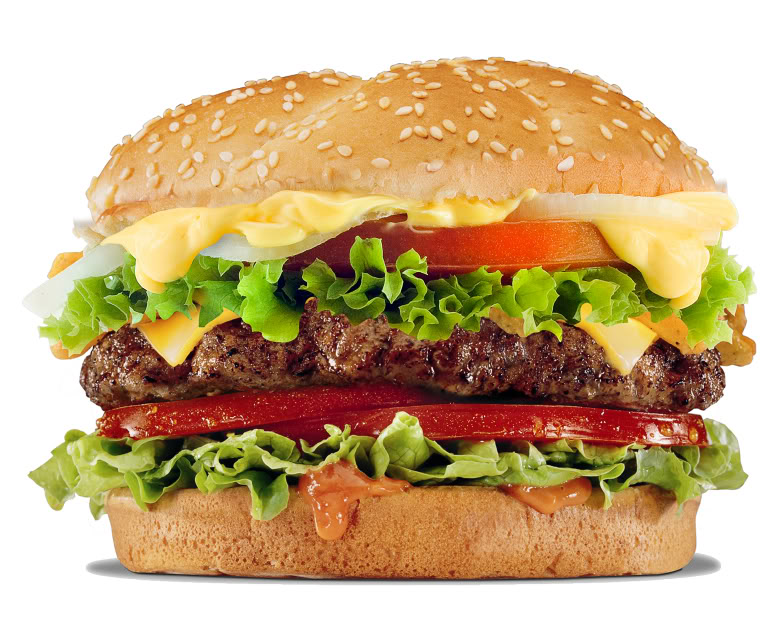ethics
Going on a Moral Diet
It’s a well established fact that there is no such thing as a free lunch. This is particularly the case when that lunch consists of deep fried chicken followed by a couple of glazed doughnuts and a Coke.
We love sweet and fatty foods (although, as Dan Dennett points out, we don’t desire them because they taste good, they taste good because we desire them). And even though they’re contributing to an epidemic of obesity today, it’s a damn good thing that we do love the sweets and the fats. Because had we not vigorously pursued such energy-rich sources of nutrition throughout our evolutionary past we may not have made it to the point where today’s obesity epidemic was even an option.
 Simply put, an evolved taste for sweet and fatty stuffs – in the form of a strongly reinforcing sensation of pleasure in response to exposure to sweet and/or fatty foods – was adaptive because our highly active endothermic bodies with their calorie-burning brains required vast amounts of fuel to keep them hunting and gathering and surviving and reproducing, etc.
Simply put, an evolved taste for sweet and fatty stuffs – in the form of a strongly reinforcing sensation of pleasure in response to exposure to sweet and/or fatty foods – was adaptive because our highly active endothermic bodies with their calorie-burning brains required vast amounts of fuel to keep them hunting and gathering and surviving and reproducing, etc.
And up until the last few moments of our evolutionary history, we were far more likely to be undernourished rather than overnourished. That being the case, the cost of getting it wrong and consuming too much energy was lower than the cost of getting it wrong and not consuming enough. Hence a selective pressure in favour of our sweet/fatty tooth.
Yet today we can see all this. We can acknowledge that allowing our evolved sweet-and-fat-seeking psychological impulses take over can lead us to unhealthy ends. The heuristic is now pointing in the wrong direction. We understand that we need to inhibit our evolved impulses and steer our behaviour towards more appropriate ends in today’s environment. We understand that sometimes we need to consciously manage our diet.
Maybe we need to do the same when it comes to some of our evolved moral impulses.

